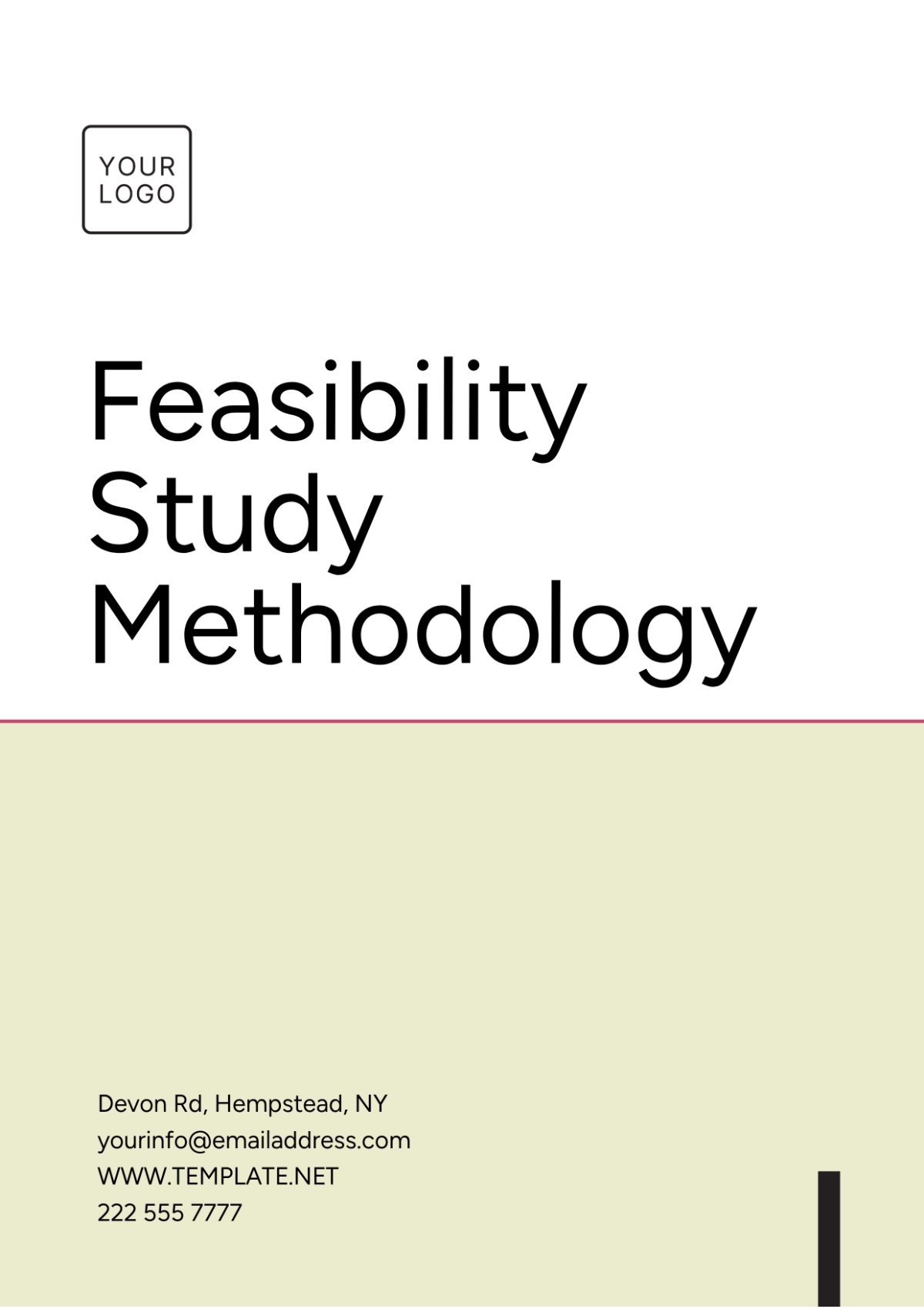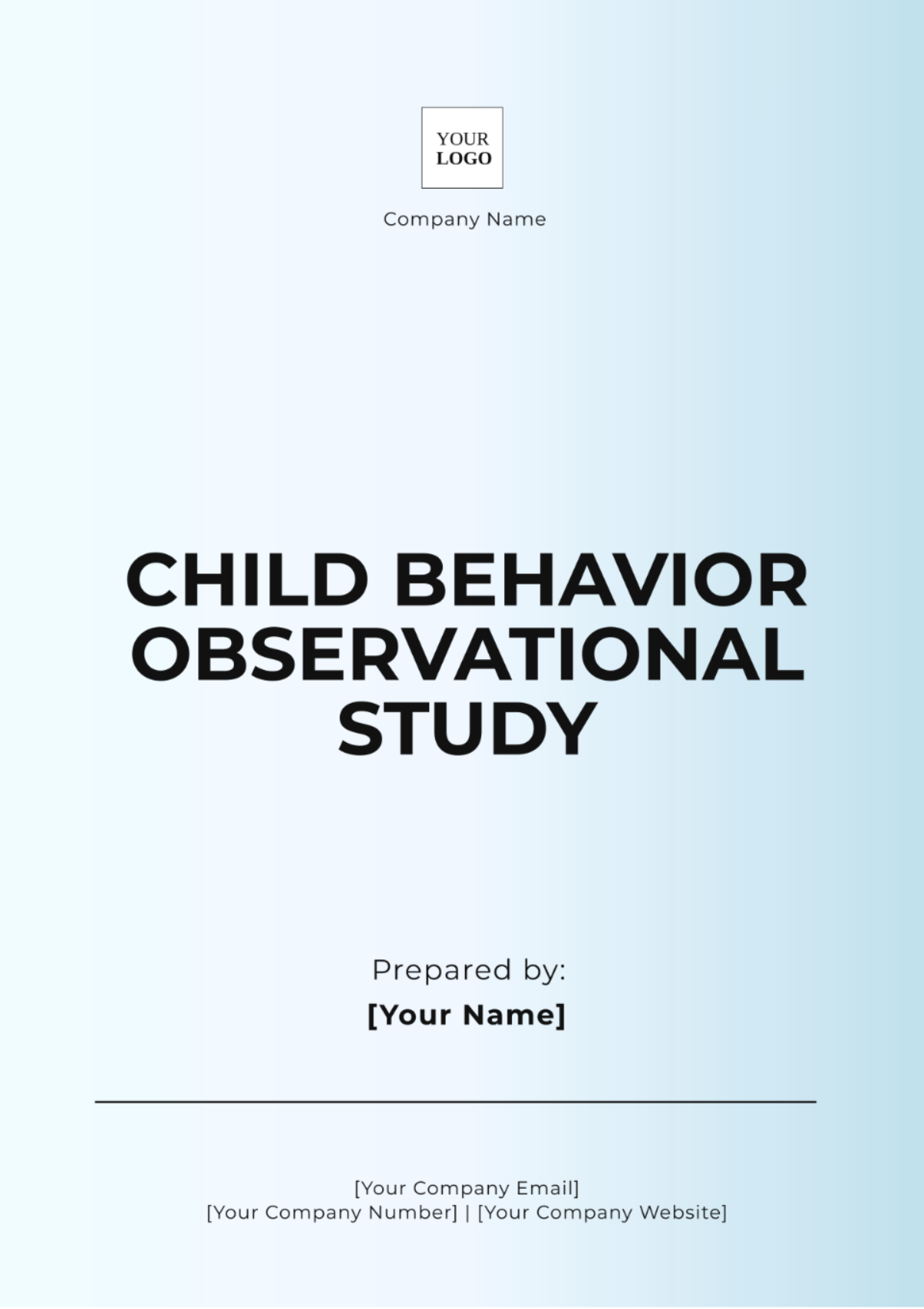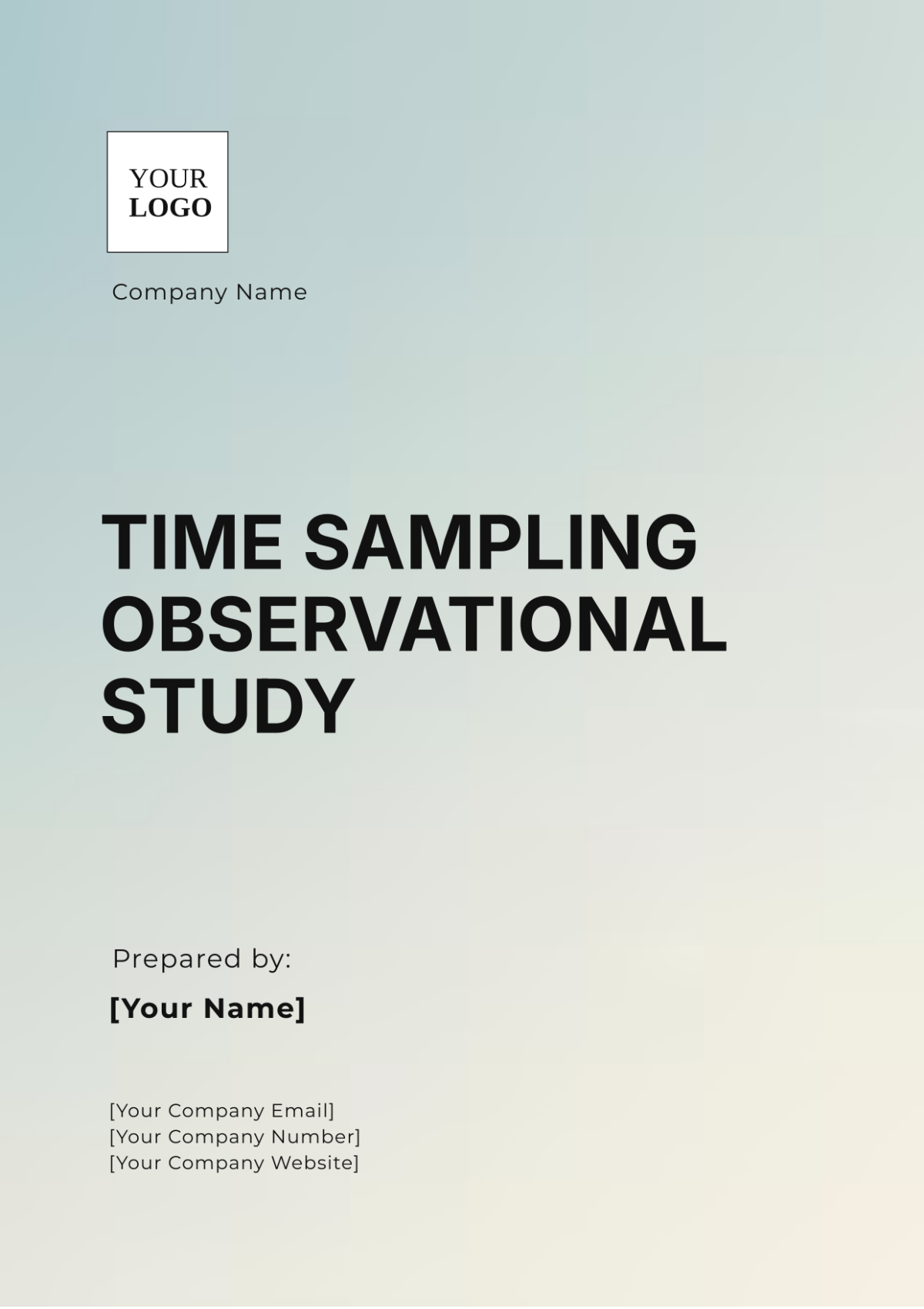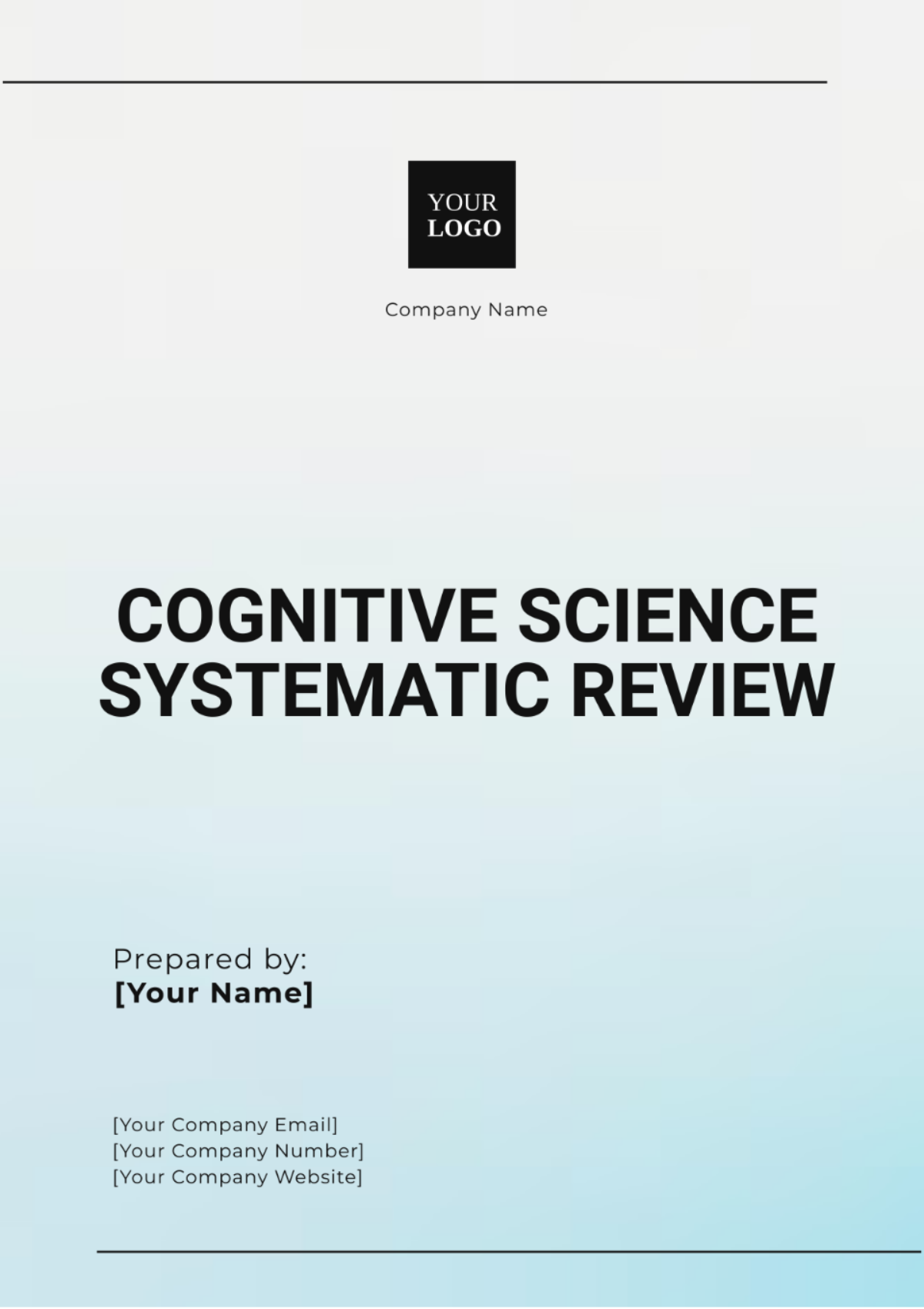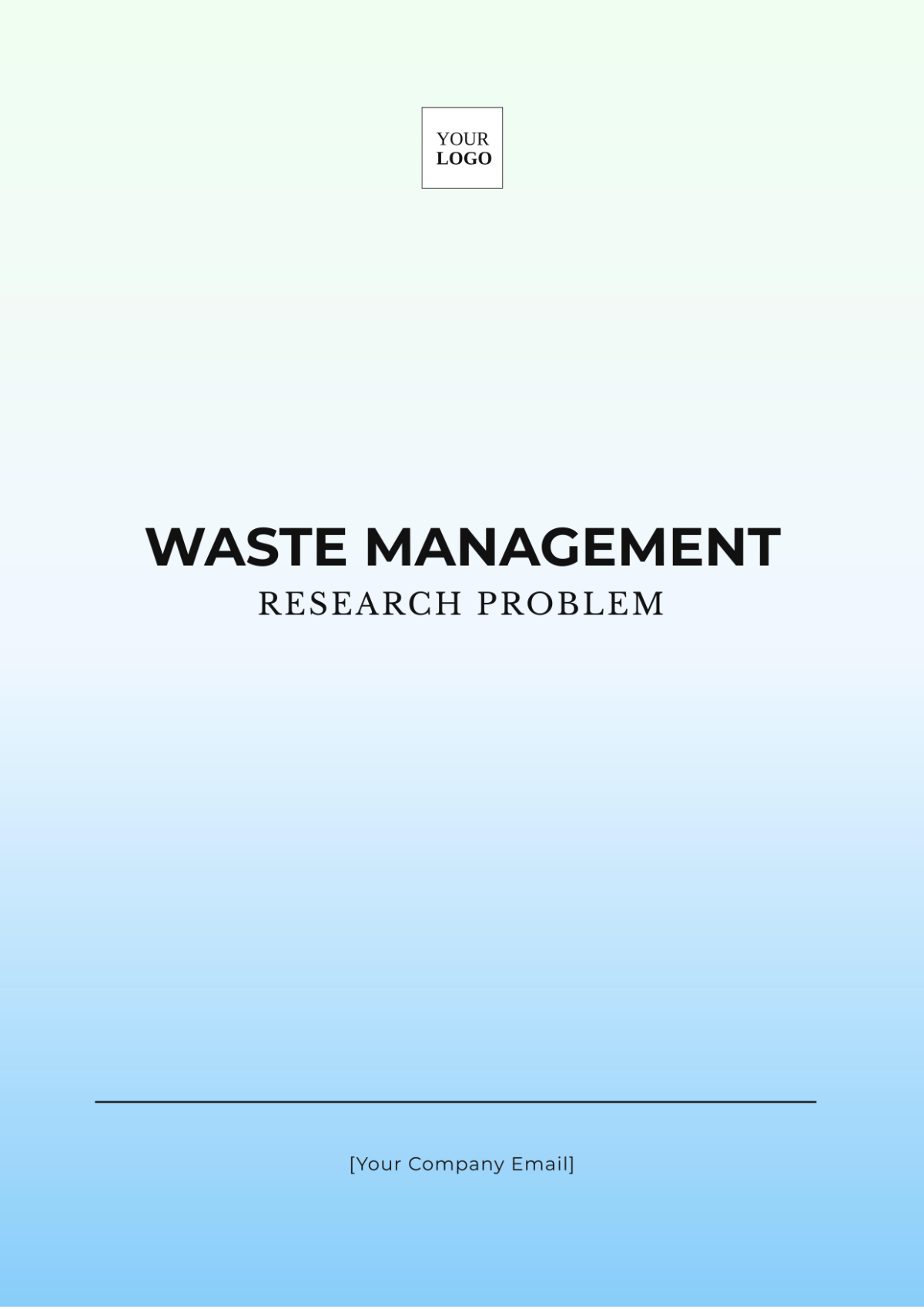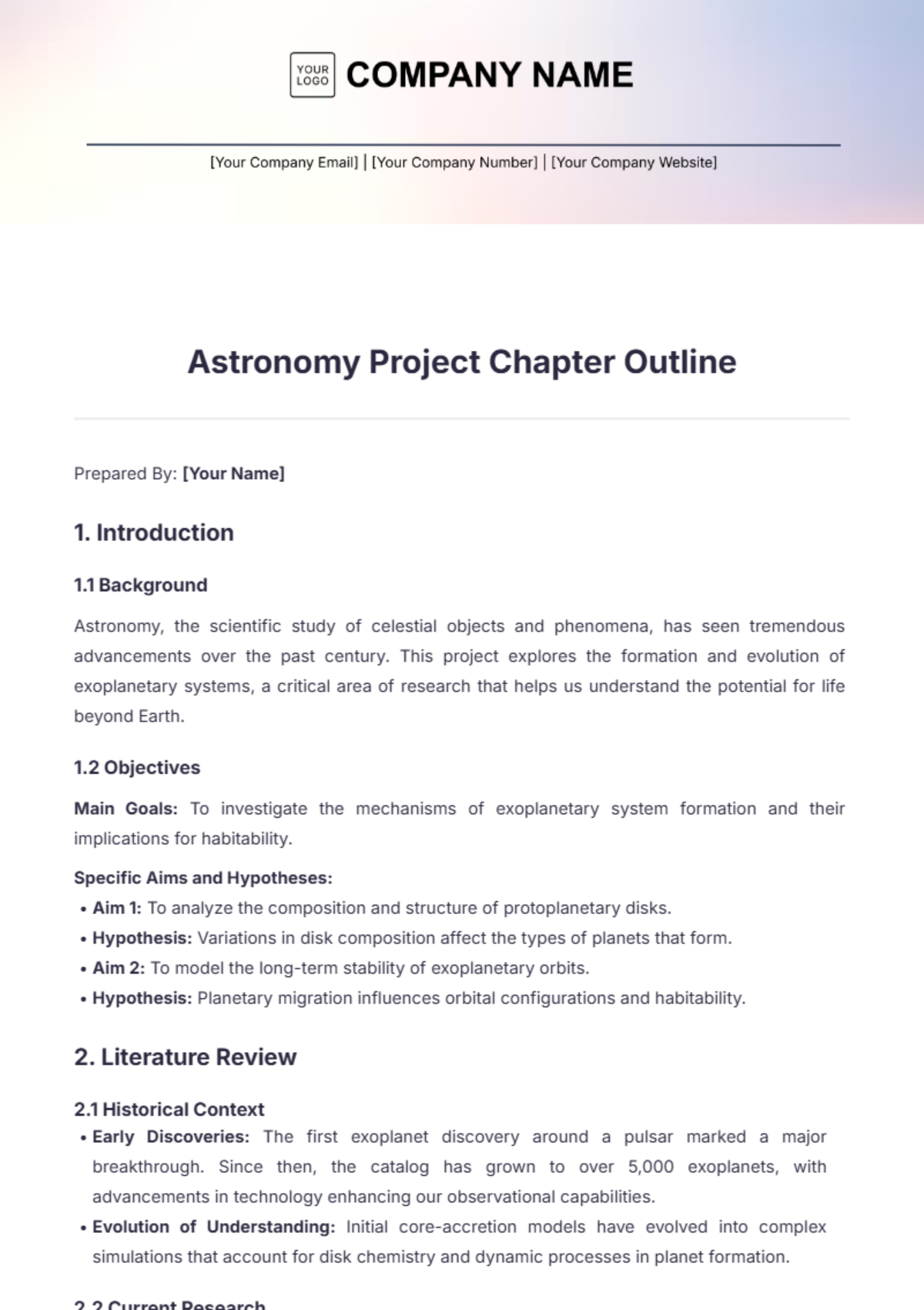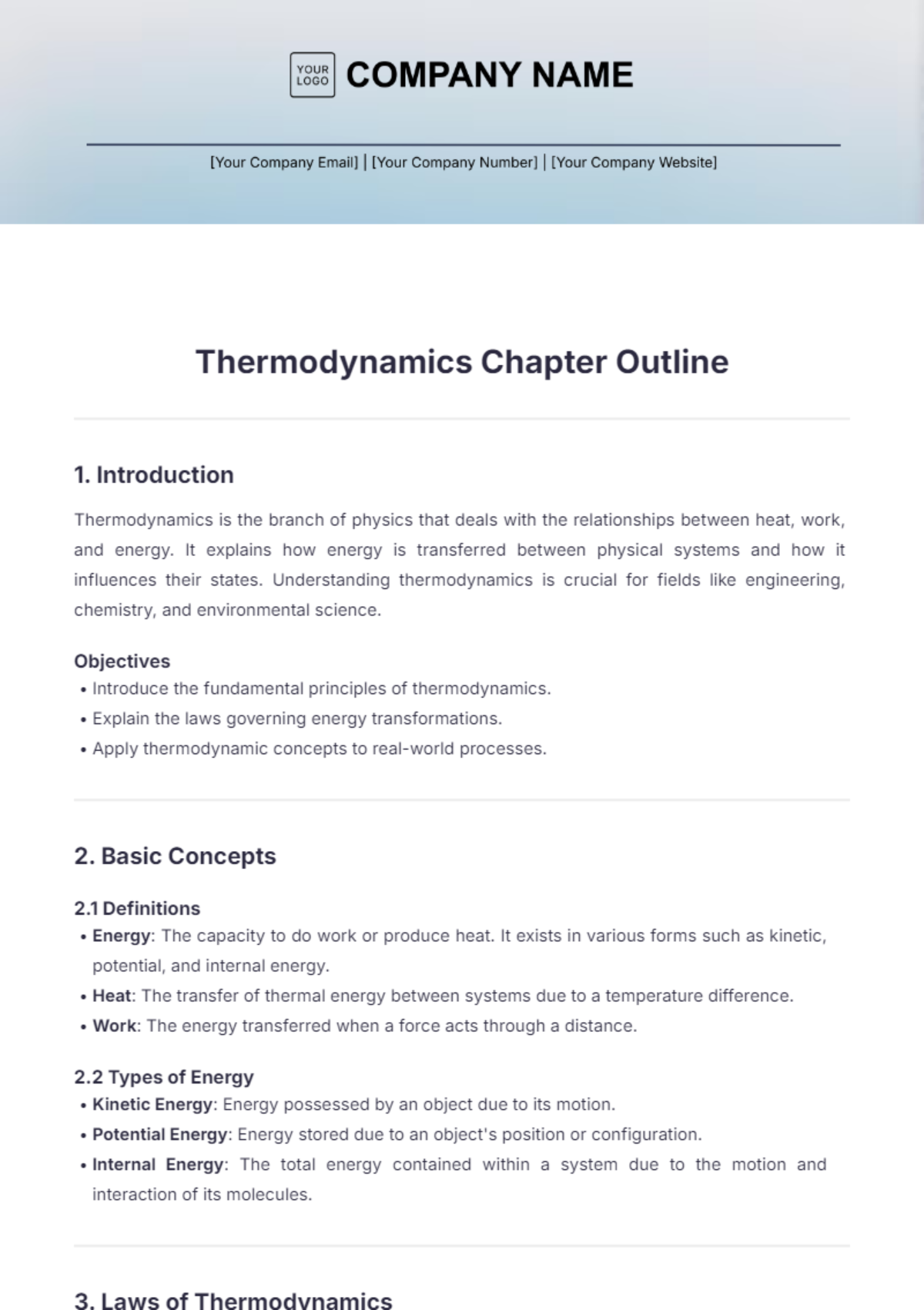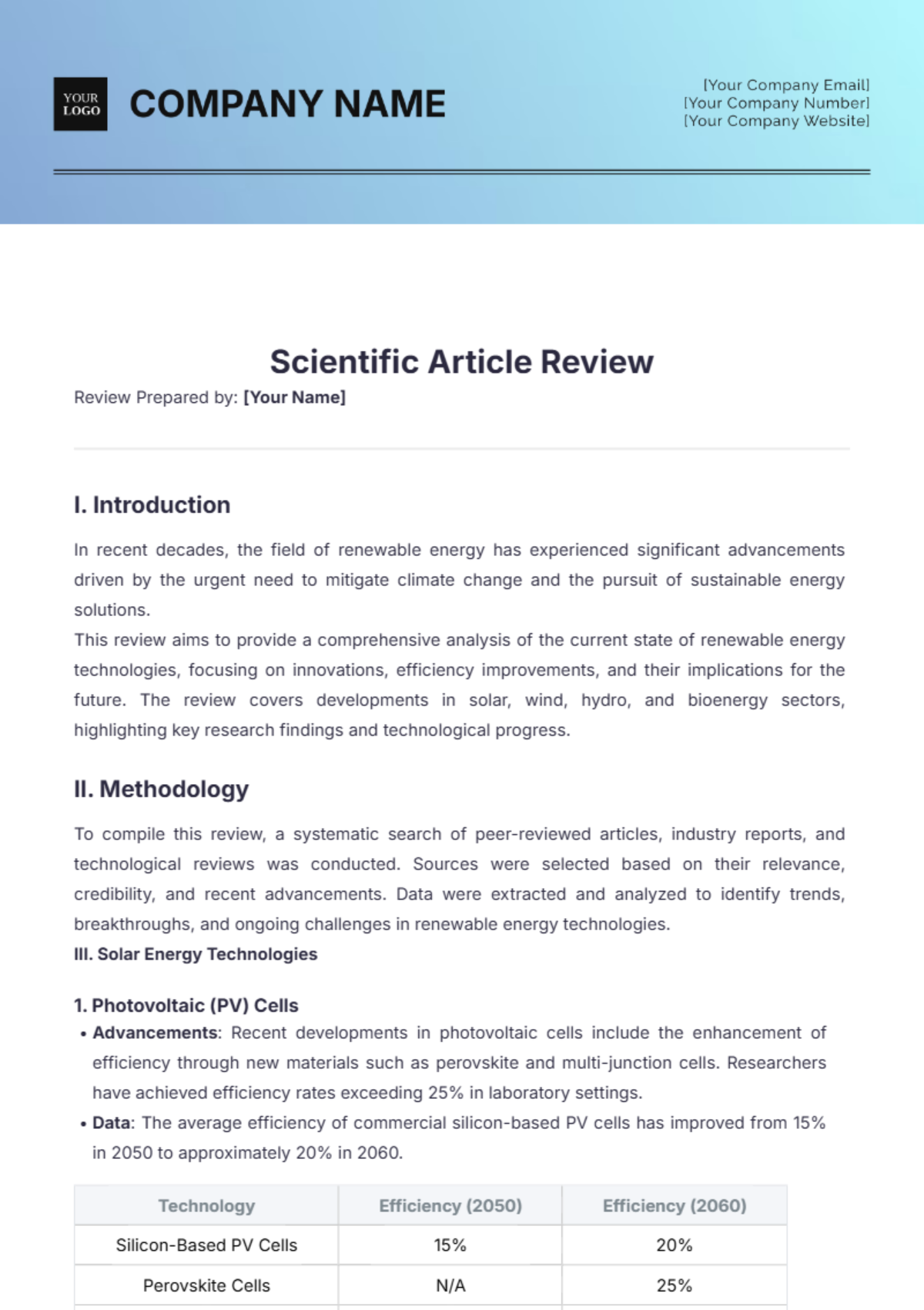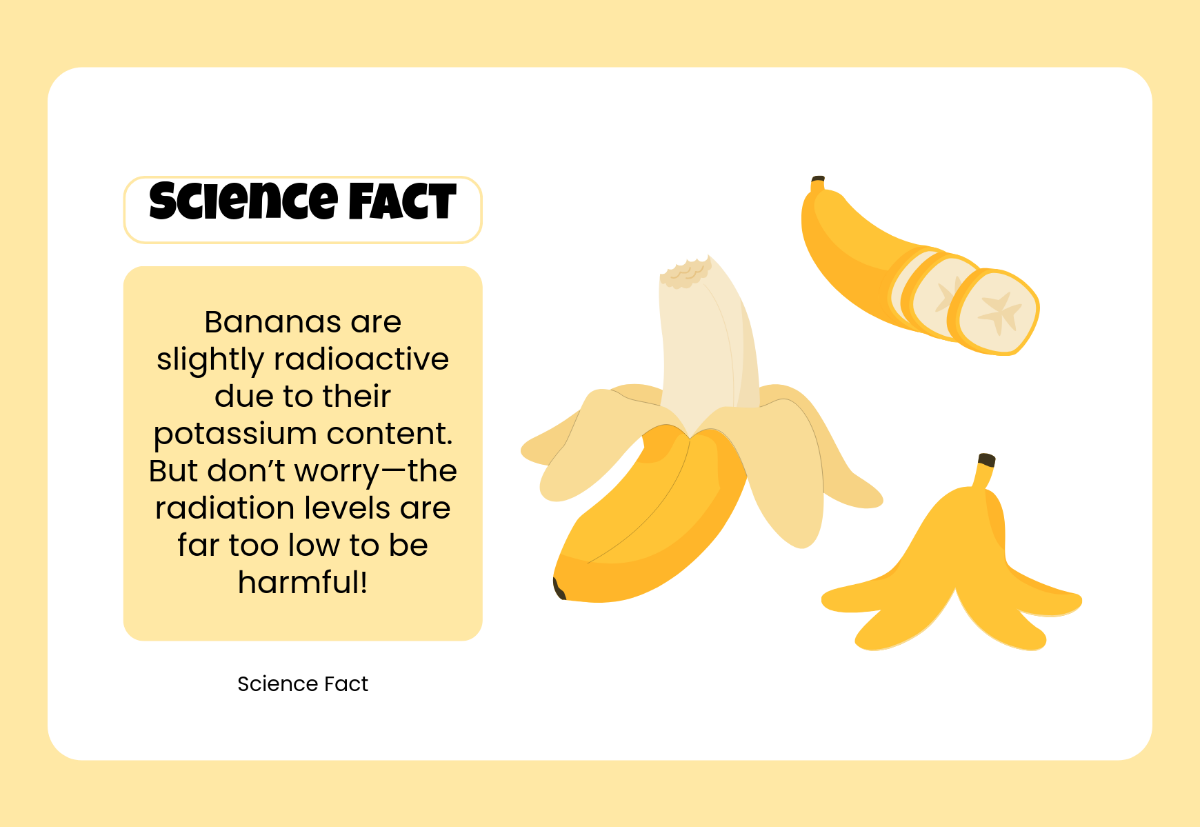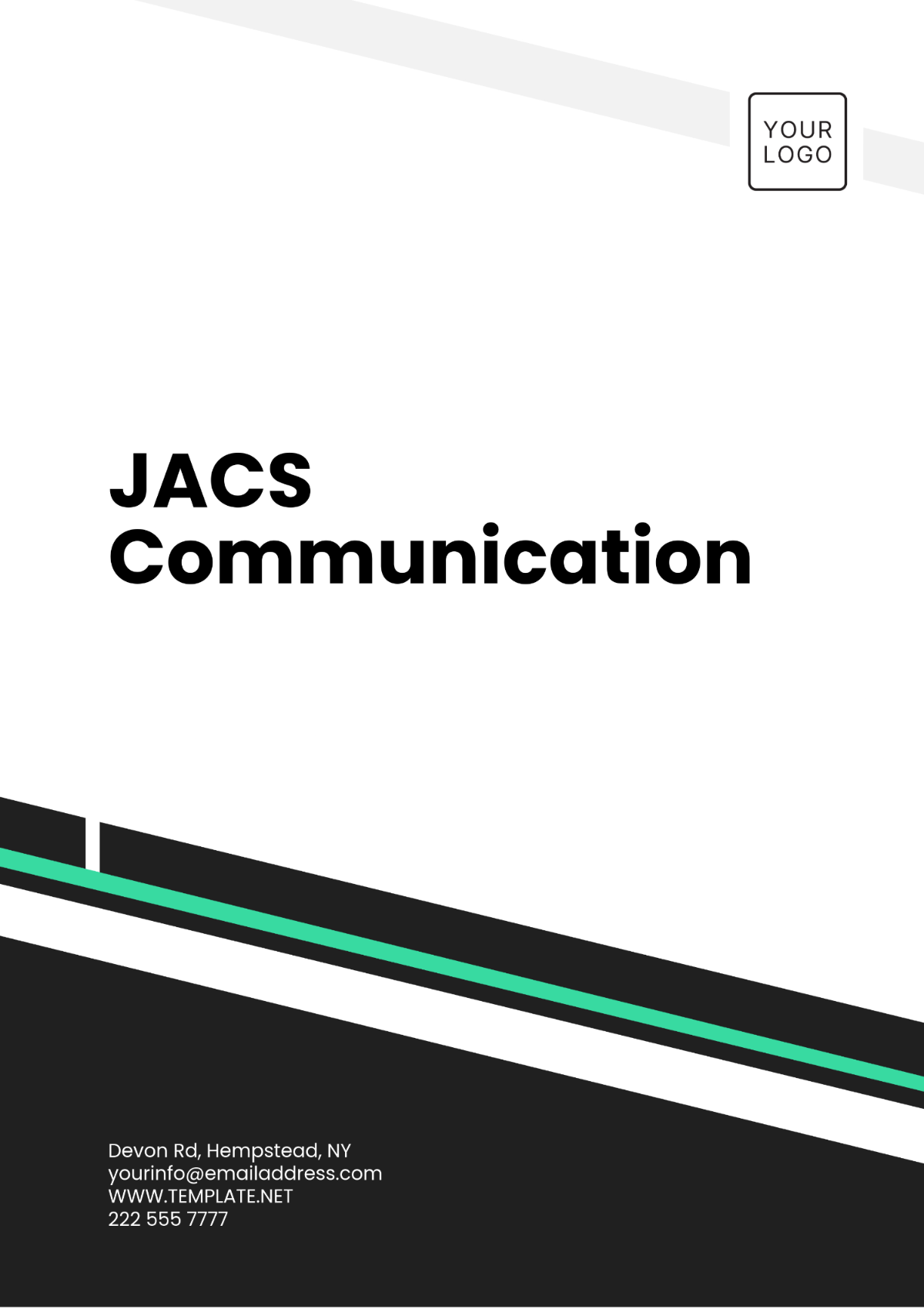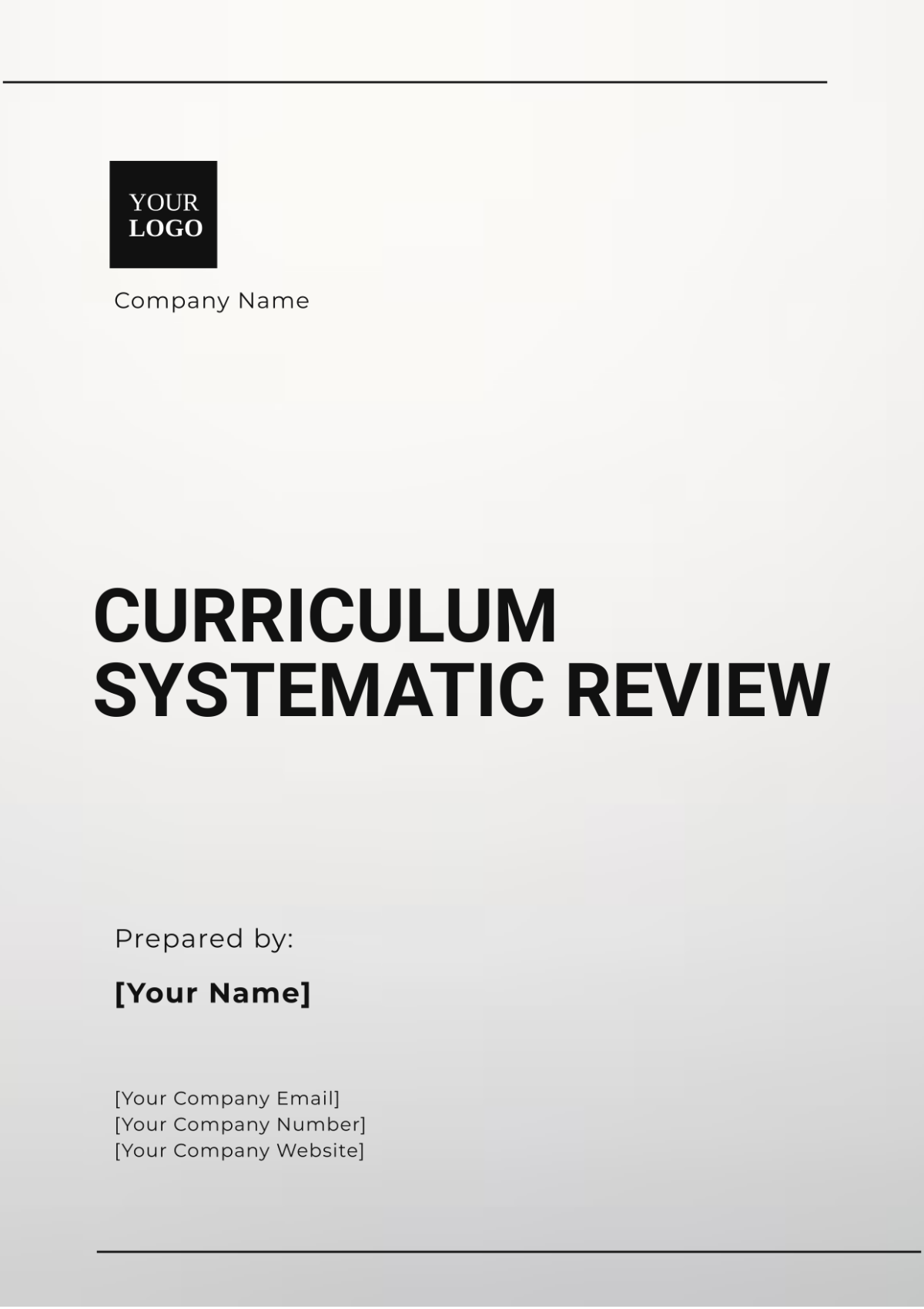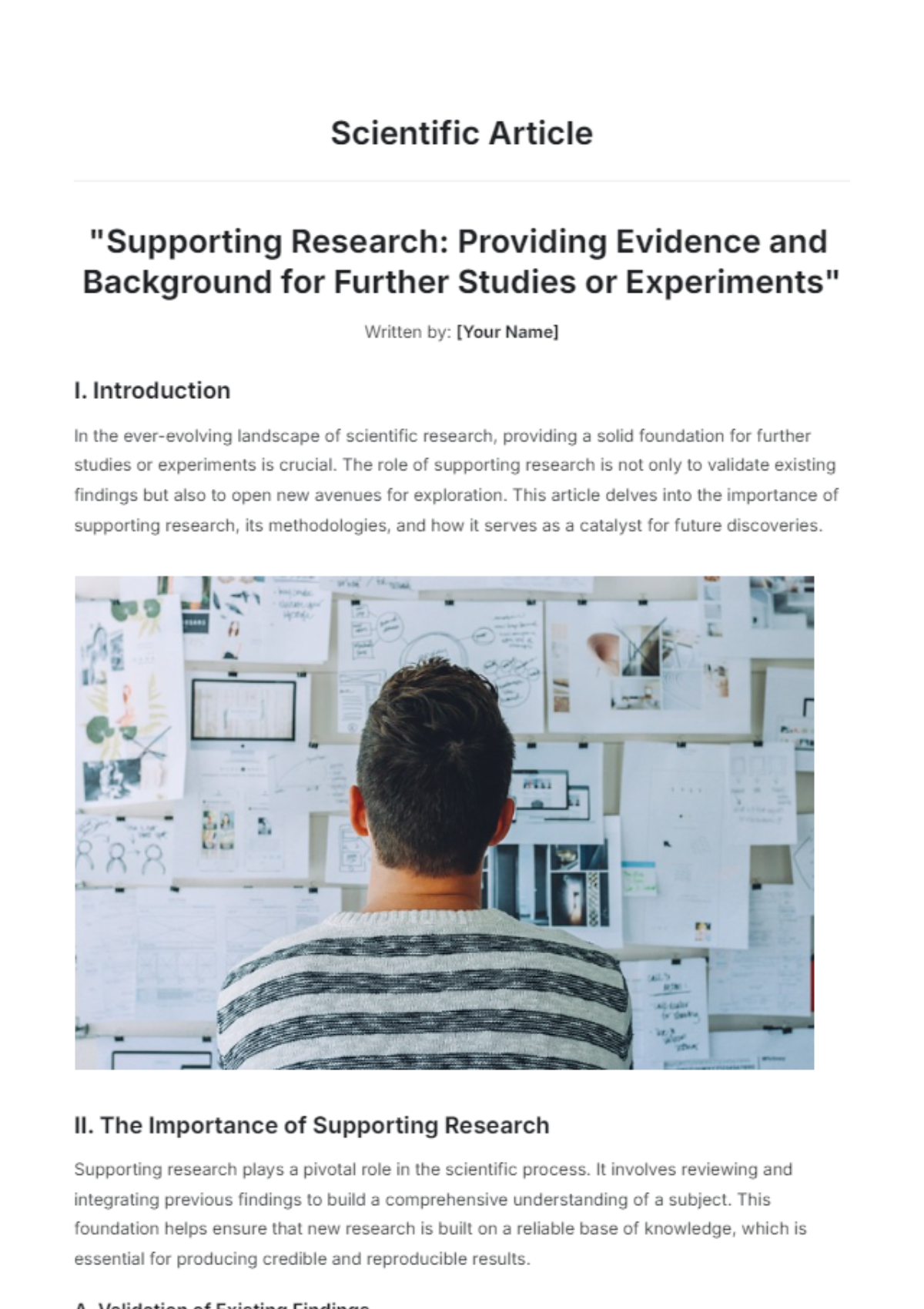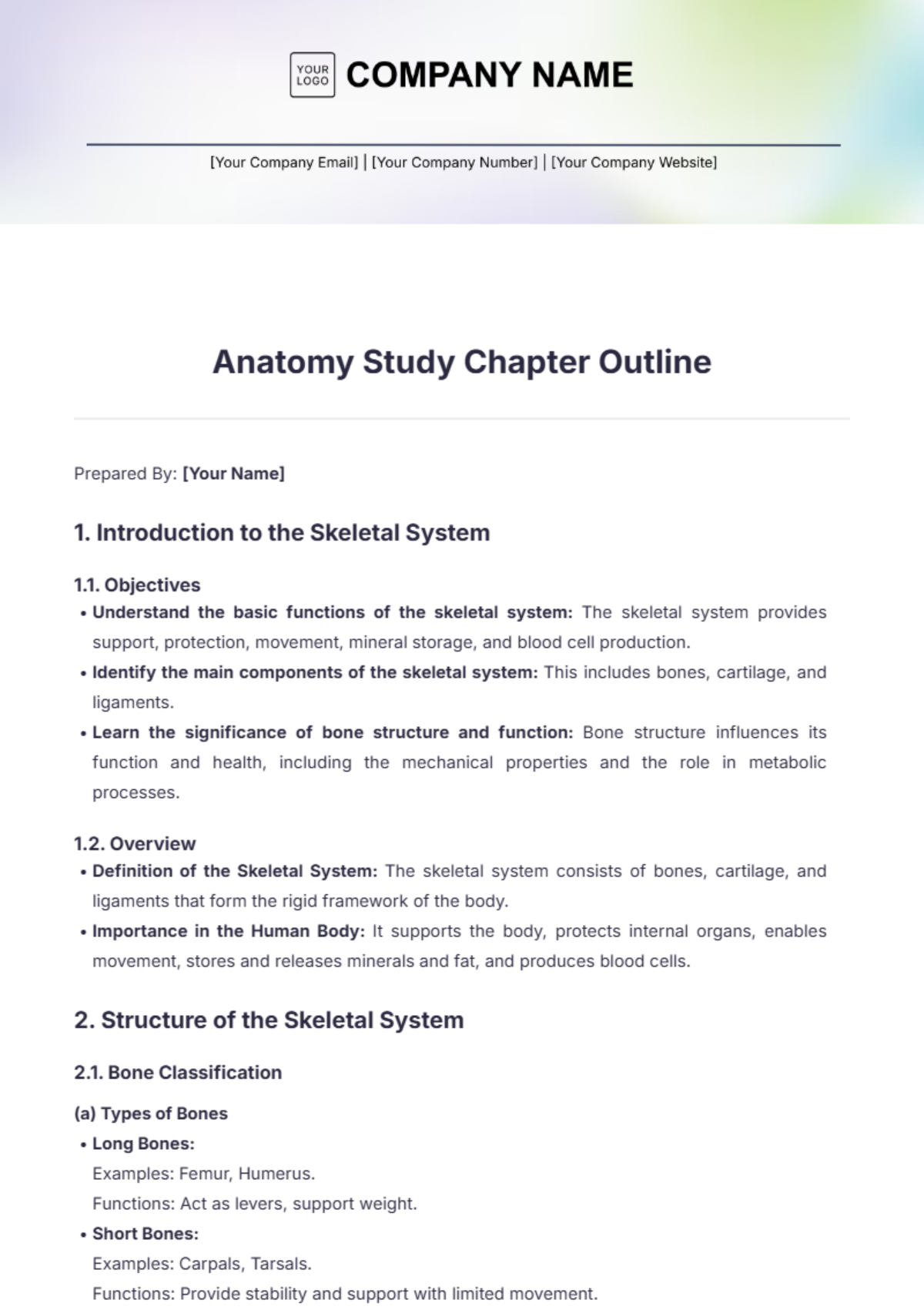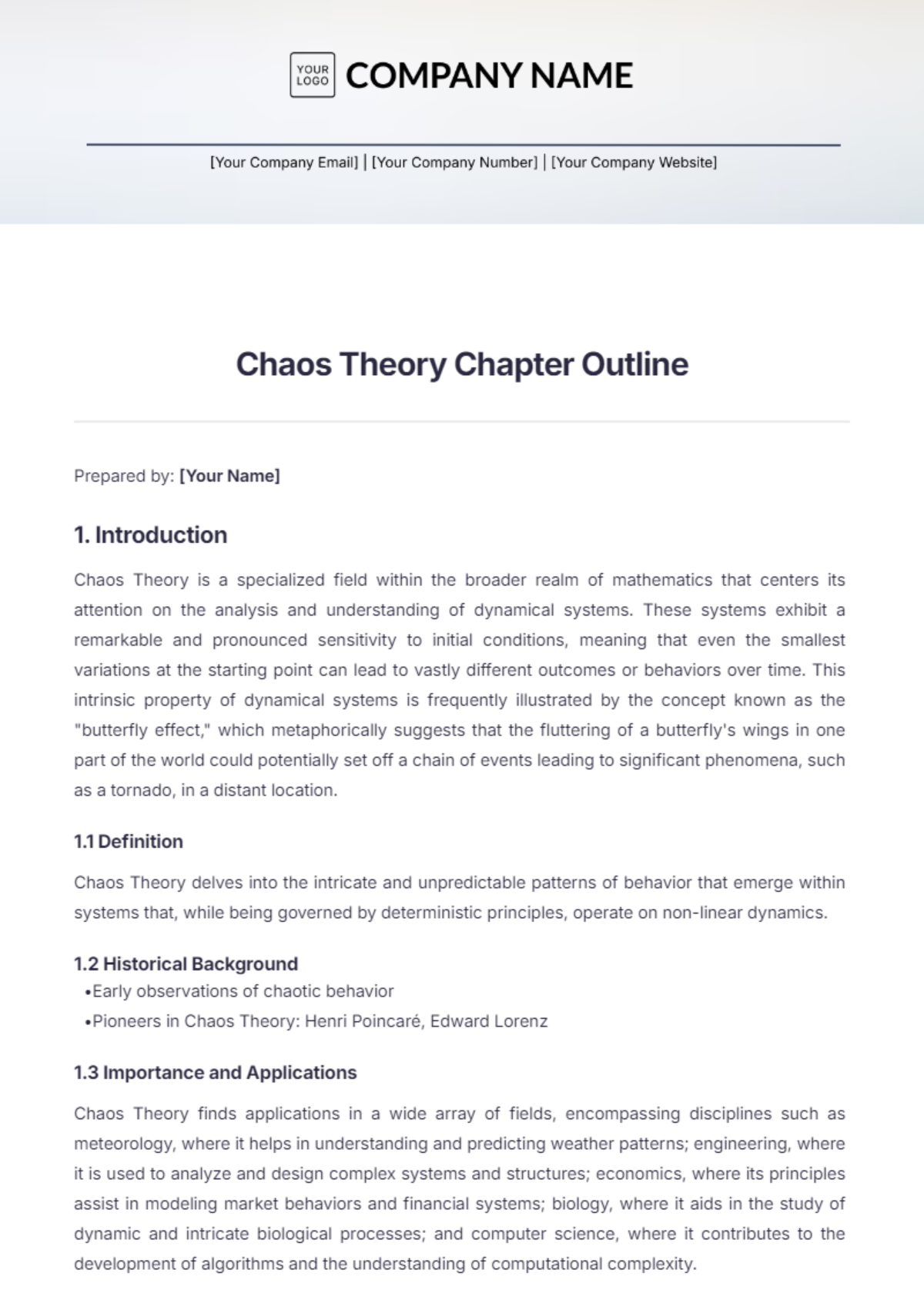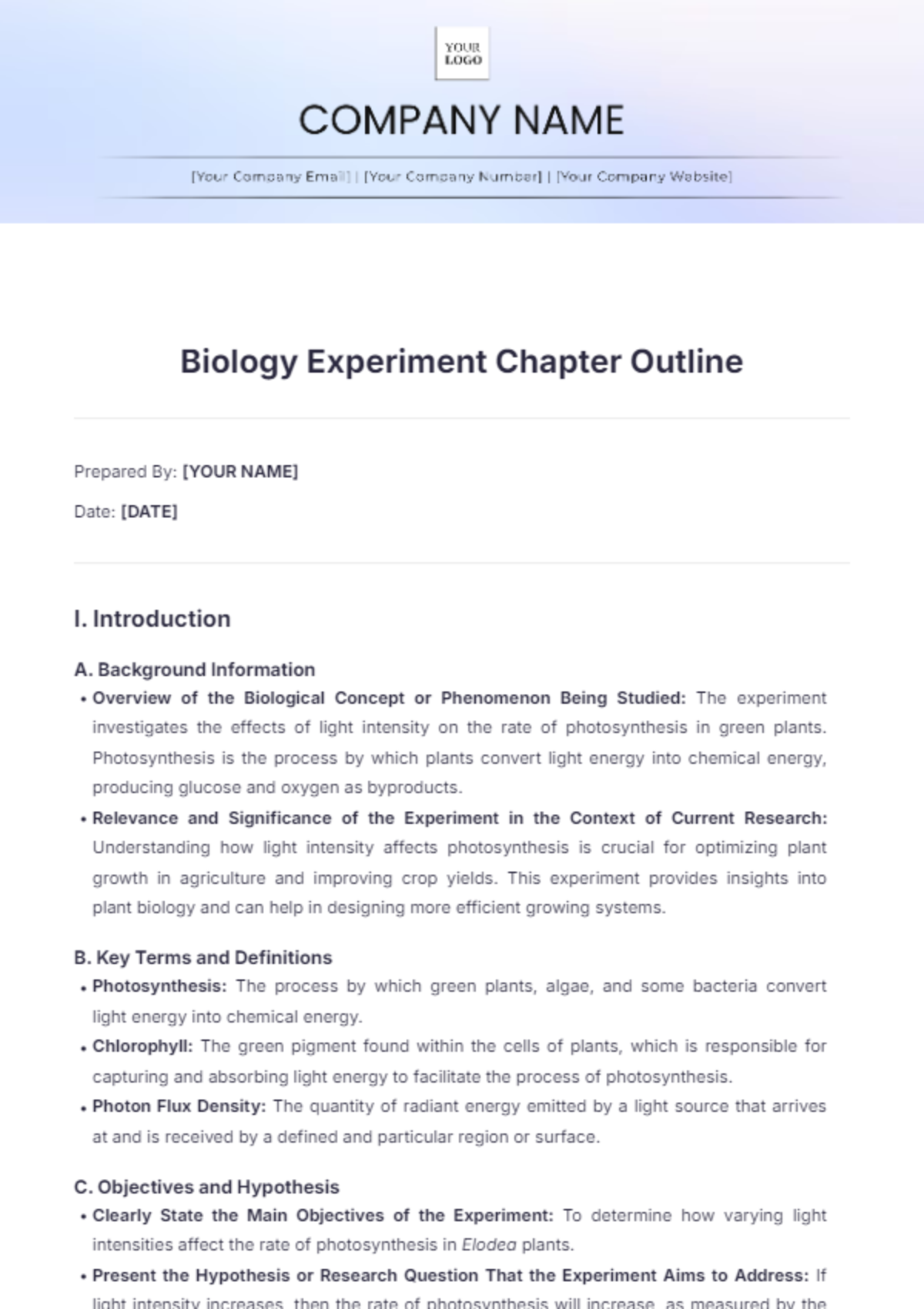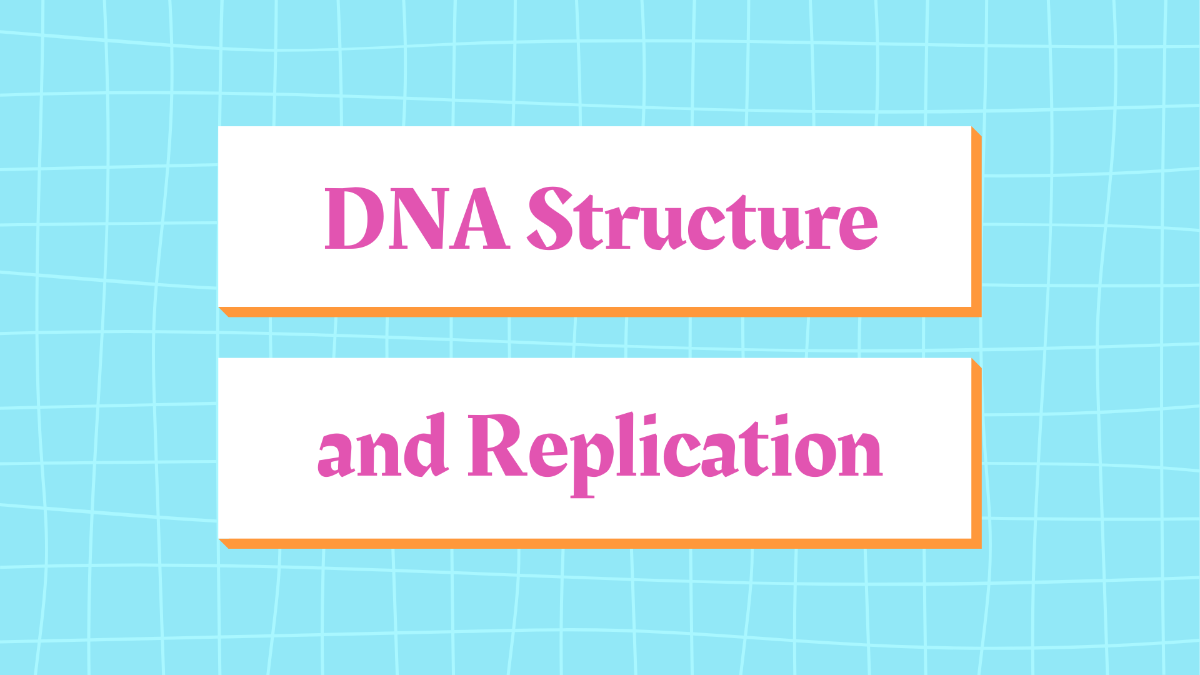Longitudinal Study Methodology
I. Introduction
A longitudinal study is a research design that involves repeated observations of the same variables, such as individuals, over an extended period, often spanning years or decades. This methodology allows researchers to identify and analyze developments or changes in the target population's characteristics at both the group and individual levels.
II. Research Objectives
The primary objective of this longitudinal study is to investigate the long-term effects of early childhood education on academic achievement and socio-emotional development throughout adolescence. By following participants over an extended period, the study aims to provide insights into how early educational experiences influence later life outcomes.
III. Study Design
III.I. Study Type
This study employs a prospective longitudinal design, tracking the same cohort of participants from early childhood (ages 3-5) into adolescence (ages 13-18). This approach enables the analysis of developmental trajectories and the long-term impact of early childhood education.
III.II. Time Frame
The study spans 15 years, with data collection occurring at five-year intervals (ages 5, 10, 15, and 18). This structured timeline allows for the assessment of changes over time and the identification of critical periods in development.
III.III. Participants
Sampling Method: Stratified random sampling will select participants from various socio-economic backgrounds, ensuring a diverse and representative sample.
Sample Size: The initial cohort will consist of 1,000 children aged 3-5. To account for expected attrition, efforts will be made to retain as many participants as possible, aiming for a minimum of 800 participants at the final data collection point.
Inclusion Criteria: Participants must be between the ages of 3-5 at the study's onset and have parental consent to participate. They should not have any pre-existing medical conditions that could significantly affect cognitive development.
III.IV. Variables
Independent Variable: The primary independent variable is the type of early childhood education received, categorized as no formal education, public preschool, or private preschool.
Dependent Variables:
Academic Achievement: Assessed through standardized test scores at each data collection point.
Socio-emotional Development: Measured using validated scales, such as the Strengths and Difficulties Questionnaire, at each data collection point.
IV. Data Collection Procedures
IV.I. Baseline Data Collection
Timing: Baseline data will be collected when participants are aged 3-5, before the onset of formal schooling.
Methods: Data collection will involve structured interviews with parents, observation of child behavior in a standardized setting, and initial cognitive and socio-emotional assessments.
IV.II. Follow-up Data Collection
Ages 5, 10, 15, and 18: Participants will be reassessed using the same cognitive and socio-emotional measures employed at baseline. Academic records will also be obtained at these time points.
Data Collection Modes: In-person assessments will be conducted, along with online surveys for older participants and reviews of academic records.
IV.III. Attrition Management
To minimize dropout rates, participants will be regularly contacted, and incentives such as monetary compensation and gifts will be provided to encourage continued participation.
V. Data Analysis Plan
V.I. Data Preparation
Data will be meticulously cleaned to address missing data and outliers. Longitudinal data analysis techniques, such as mixed-effects models, will be utilized to handle the hierarchical structure of the data.
V.II. Analytical Methods
Growth Curve Modeling: This method will be used to assess the trajectory of academic achievement and socio-emotional development over time, providing insights into the patterns of change.
Path Analysis: This technique will examine the potential mediating effects of early childhood education on later outcomes, helping to identify causal pathways.
V.III. Hypotheses Testing
Hypothesis 1: Children who attend preschool will demonstrate higher academic achievement at each time point compared to those who do not.
Hypothesis 2: Children from lower socio-economic backgrounds will exhibit greater socio-emotional gains from preschool education compared to their higher socio-economic counterparts.
VI. Ethical Considerations
VI.I. Informed Consent
Written informed consent will be obtained from parents or guardians at the beginning of the study. Once participants reach the age of majority, their informed consent will also be sought.
VI.II. Confidentiality
Participant data will be anonymized and securely stored, with access restricted to authorized personnel only. This ensures the privacy and confidentiality of the participants.
VI.III. Participant Welfare
Regular assessments will be conducted to ensure that participation does not cause undue stress. Support services will be made available to address any potential impacts on participants' well-being.
VII. Limitations
Attrition Bias: Despite efforts to retain participants, dropout rates may introduce bias into the study's findings.
Generalizability: The results of this study may not be generalizable to populations outside the sample's demographic characteristics, limiting the broader applicability of the findings.
VIII. Conclusion
This longitudinal study aims to provide comprehensive insights into the long-term effects of early childhood education on academic achievement and socio-emotional development. The findings have the potential to inform educational policies and practices, contributing to improved outcomes for future generations. By understanding the lasting impact of early education, this research could play a critical role in shaping strategies to support children's development across diverse socio-economic contexts.

